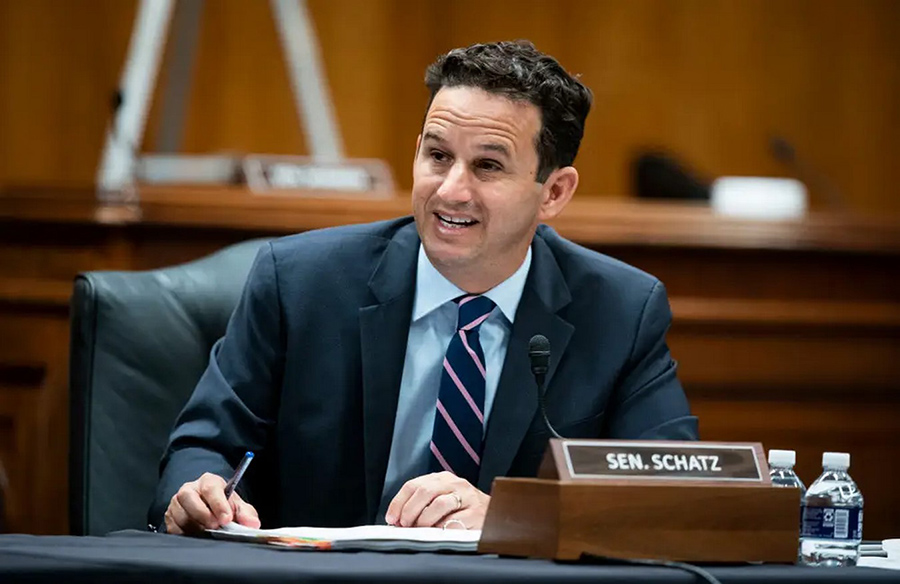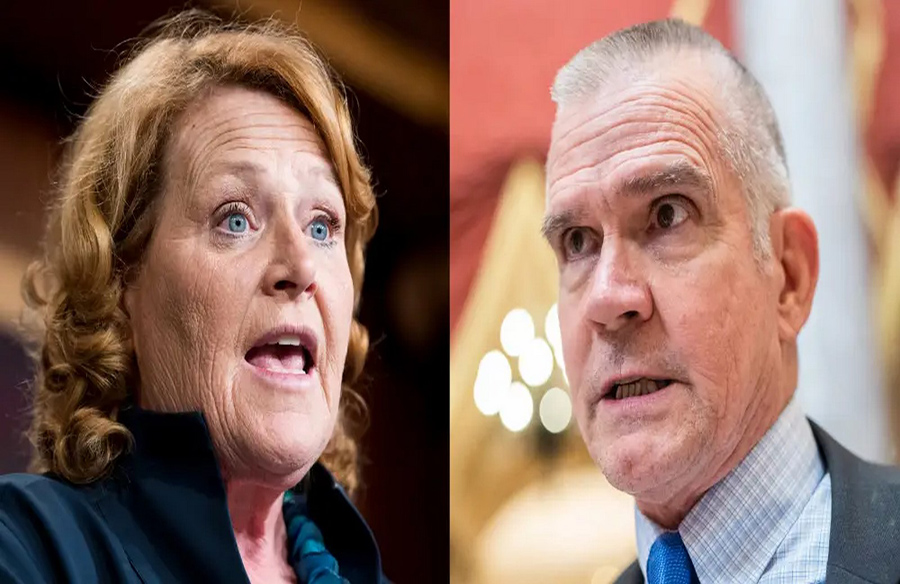Democratic Senator Brian Schatz has expressed astonishment at the Republican Party’s swift rejection of the Senate immigration bill, which had been the result of months of bipartisan negotiations.
GOP’s Rejection
Schatz, who represents Hawaii in the Senate, voiced his frustration with the Republican response to the newly unveiled legislation, which was crafted after extensive bipartisan discussions. He remarked that he had never witnessed such a turnaround, noting that Republicans had demanded specific policy measures, only to reject them once included in the bill.
Unprecedented Response
In a statement, Schatz highlighted the peculiar nature of the situation, emphasizing that typically lawmakers aim to pass legislation aligned with their preferences. The Senate agreement on immigration was made public on Sunday evening, yet by the following day, nearly half of the Senate Republican caucus had publicly opposed it. Notably, Senate Minority Leader Mitch McConnell, despite nominating Republican Senator James Lankford to lead negotiations, reportedly refrained from pressuring his colleagues to support the bill.
Uncertain Prospects
While there is a possibility that the immigration bill could still garner sufficient support in the Senate, House Republicans have signaled unanimous opposition. Speaker of the House Mike Johnson promptly declared the bill doomed upon its release, suggesting it would not survive if presented in the House.
Political Maneuvering
Reports have indicated that former President Donald Trump and the GOP are actively working to thwart the bipartisan agreement, purportedly to bolster Trump’s prospects in the 2024 presidential election. Trump has openly criticized the bill, labeling it as “horrendous” and urging against its passage.
Ongoing Debate
The fate of the immigration bill remains uncertain as political tensions continue to simmer. Schatz’s incredulity underscores the complexity of navigating bipartisan cooperation in the current political landscape, where policy negotiations often face significant hurdles and partisan opposition.










